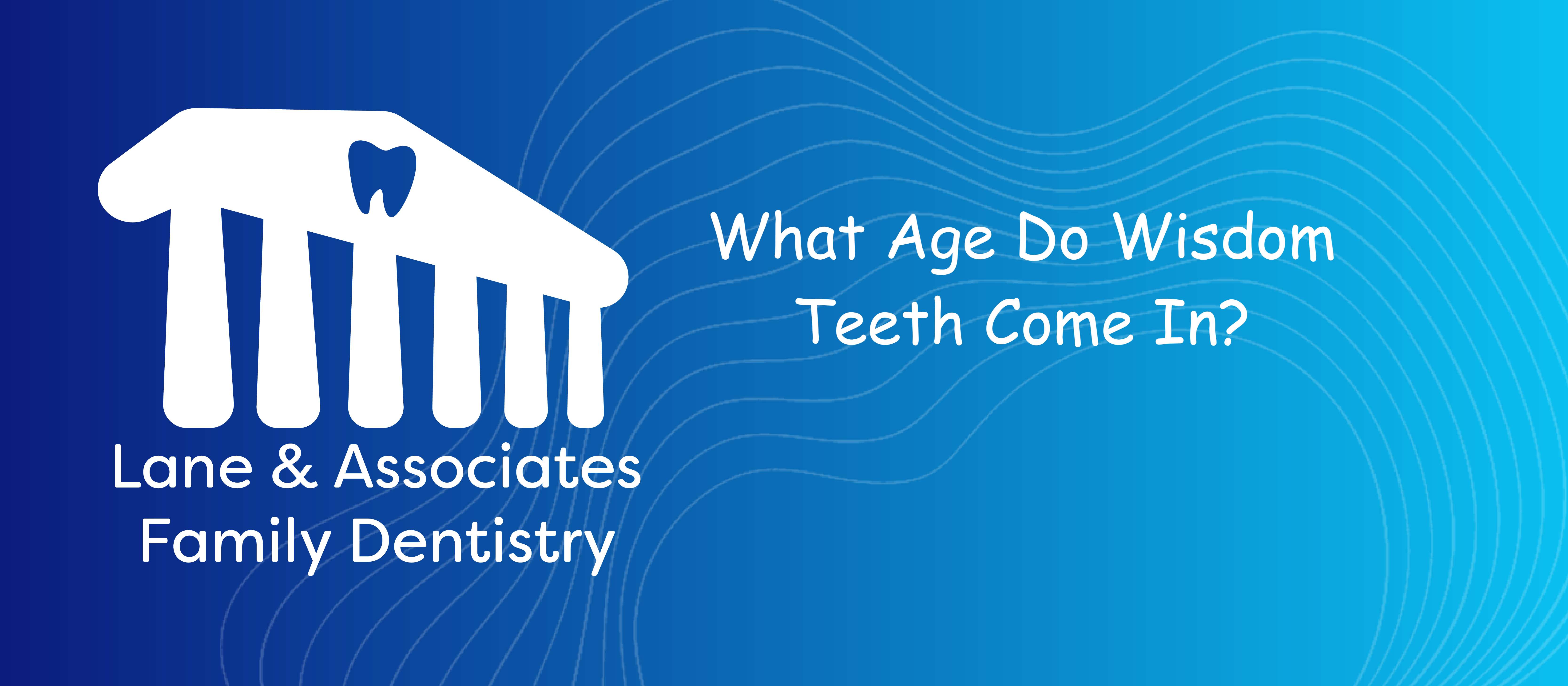Wisdom teeth, also known as third molars, are a common topic of discussion for individuals approaching their late teens and early twenties. These late-blooming teeth often raise questions about when they arrive, what symptoms they might cause, and whether everyone gets them. In this article, we will look into some common questions and concerns regarding wisdom teeth.
Wisdom teeth typically begin to emerge between the ages of 17 and 25, although the timing can vary widely among individuals. These late arrivals earned the nickname “wisdom teeth” because they appear at an age when people are assumed to be wiser than when their other permanent teeth erupt. It’s essential to note that not everyone will develop wisdom teeth, and some may experience their arrival earlier or later than the typical age range.

What Are The Symptoms Of Wisdom Teeth?
When wisdom teeth start to emerge, they can cause various symptoms, including:
- Pain and Discomfort: One of the most common symptoms is pain in the back of the mouth. This discomfort can range from mild to severe.
- Swelling and Inflammation: The gums around the emerging wisdom teeth may become swollen and tender.
- Jaw Stiffness: Some individuals experience jaw stiffness or difficulty opening their mouths fully due to the pressure exerted by the emerging teeth.
- Headaches: Wisdom teeth-related pain can sometimes radiate to the head, leading to headaches.
- Bad Breath: Difficulty cleaning the partially erupted wisdom teeth can lead to bad breath or a bad taste in the mouth.
What Triggers Wisdom Teeth To Grow?
The triggers for wisdom teeth growth are still not entirely understood. It is believed that evolutionary factors play a role. In our ancestors, who consumed a diet that required more grinding and chewing, having an extra set of molars might have been advantageous. However, modern diets and smaller jaw sizes have rendered wisdom teeth somewhat obsolete. This evolutionary mismatch can lead to problems such as impacted or misaligned wisdom teeth.
What Is The Youngest Someone Can Get Wisdom Teeth?
While the late teens and early twenties are the most common age range for wisdom tooth emergence, some individuals may see them appear as early as their mid-teens. It’s relatively rare for wisdom teeth to emerge in children or younger adolescents, but it’s not impossible.
Will I Get Wisdom Teeth At 30?
It’s less common for wisdom teeth to emerge after the age of 30. By this point, most people who are going to develop these teeth will have already seen them appear or have had them removed due to complications. However, it’s essential to remember that everyone’s dental development is unique, and some individuals may experience delayed eruption.

Do Some People Never Get Wisdom Teeth?
Yes, some fortunate individuals never develop wisdom teeth at all. The absence of wisdom teeth, known as agenesis, is a genetic trait that can be passed down through generations. If you never experience any symptoms related to wisdom teeth, it’s possible that you are among the lucky ones who won’t have to worry about their emergence.
Conclusion
Wisdom teeth are a natural part of human dental development, but they don’t always follow a predictable timeline. While most people will encounter these late-blooming molars in their late teens or early twenties, there’s a wide range of variability in when and if they appear. Understanding the potential symptoms and complications associated with wisdom teeth can help individuals make informed decisions about their oral health. If you have concerns about your wisdom teeth, it’s always a good idea to consult with a dentist who can provide personalized guidance and recommendations for your unique situation.


